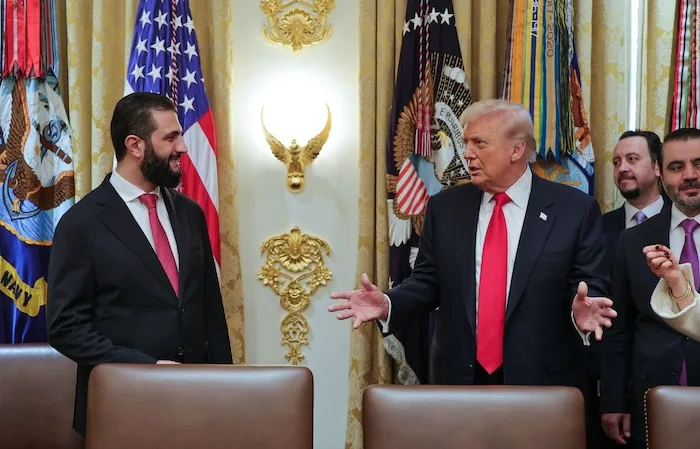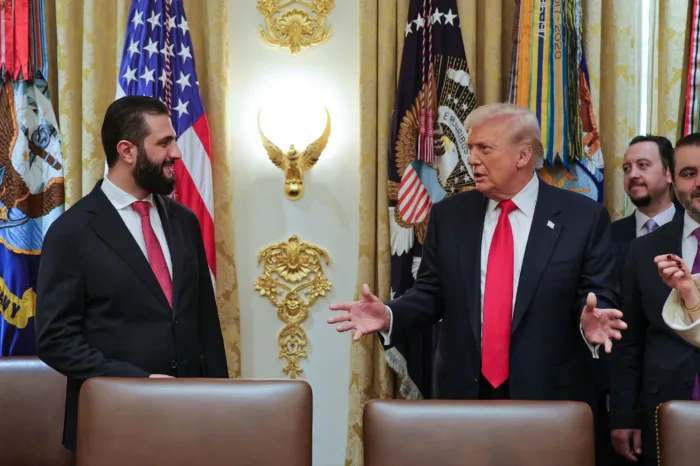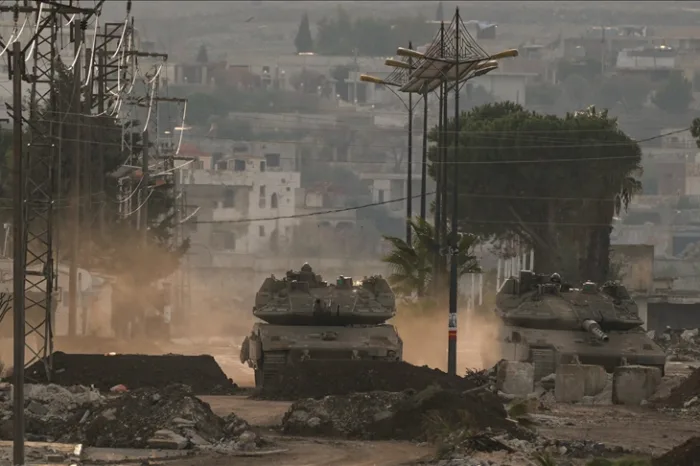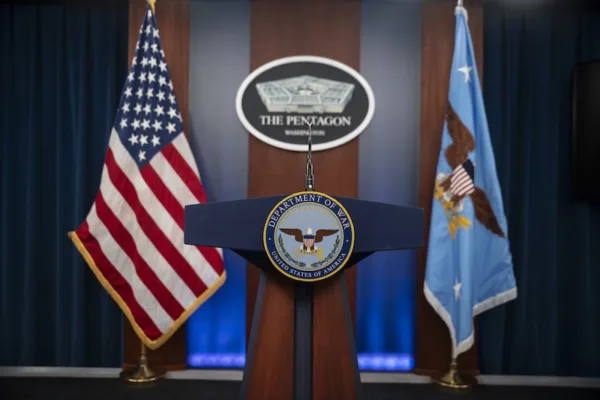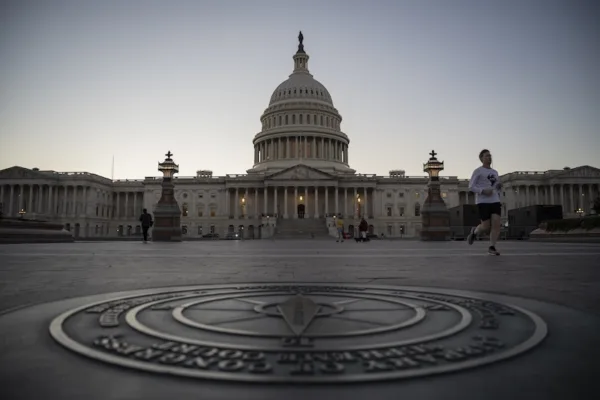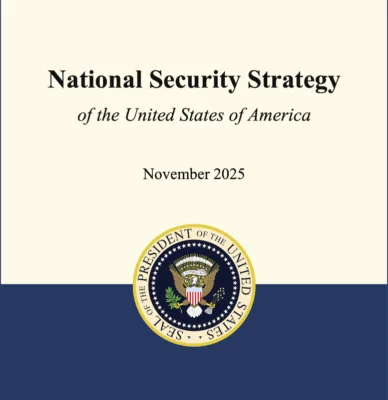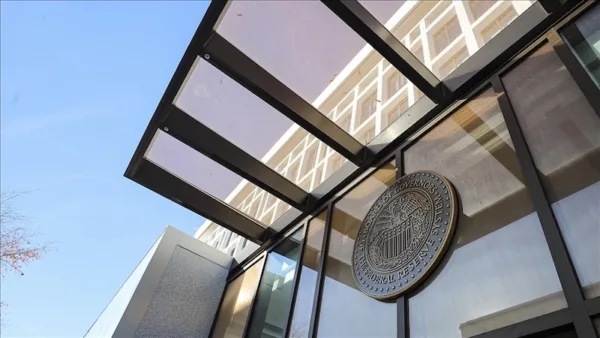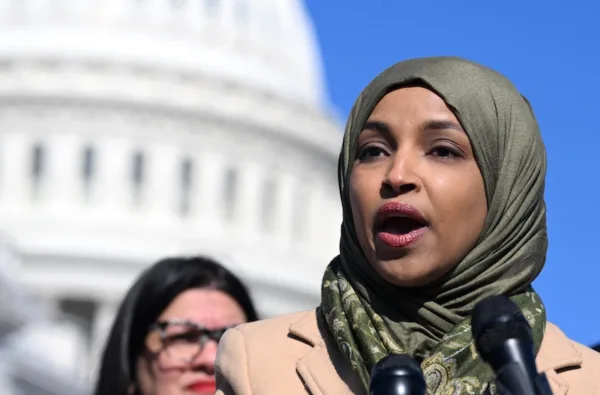Turkish concerns over the U.S. plan to retake Raqqa
In Syria, the U.S. has walked a delicate line between its preference for Kurdish fighting groups in the north of the country, and its indispensable relationship with Turkey. Washington’s continued reliance on the PYD/YPG as its proxy in the Syrian conflict is again agitating the Turkish-American relationship. This time, the friction stems from the U.S. plans to retake the Syrian city of Raqqa. On October 27, Turkey rejected a plan put forward by Operation Inherent Resolve chief Lt. General Townsend to make a move on the largest remaining ISIS stronghold in Syria. The decision came as a result of Turkey’s opposition to PYD/YPG (affiliated with the Turkish based terrorist organization PKK) participation in the offensive as well as logistical concerns about undertaking the endeavor while a similar operation in Mosul is underway.
Turkey could not have been more transparent with its objections to YPG participation in an offensive on Raqqa. President Erdogan went so far as to discuss these objections personally with President Obama in a phone call on October 26th. “Turkey’s idea on a Raqqa operation is clear… We are for an operation in Raqqa to be made consisting of the people of Raqqa,” asserted Turkish Deputy Prime Minister Kurtulmus. Rather than rushing into the offensive, Turkey has lobbied for it to be postponed until after the offensive to retake Mosul has been completed and until a coalition force can be put together that does not rely on YPG forces. Turkey’s qualms with the U.S. plan also stem from questions about the preparedness of local forces to launch an operation and from the fractured nature of coalition forces. Turkish Defense Minister Isik has offered that Turkey is capable of providing an alternative to the YPG through the factions of the FSA it has been backing as part of Operation Euphrates Shield. Turkey fears that the YPG is leveraging its anti-ISIS campaign to gain territory and influence along the Turkish-Syrian border. An entrenched YPG along the Turkish-Syrian border is seen by Ankara as being an existential threat to Turkish security as it continues to struggle with resurgent PKK attacks within the country.
The U.S. has been trying to provide some response to Turkish distress over these issues. The Pentagon has withdrawn, at least temporarily, its request to provide direct arms shipments to the YPG. U.S. officials also continue to pay lip service to the vital roles Turkey is filling as a coalition partner. “[Turkey] has been extraordinarily important for the [anti-ISIS] campaign. We could not do what we are doing in Syria right now without their support,” General Votel said during a recent event at the Center for American Progress. He also went on to compliment that Turkey’s Operation Euphrates Shield has, “addressed a very important aspect of the Islamic State” by successfully pushing ISIS forces back off Turkey’s border and liberating the previously ISIS controlled cities of Jarablus and Dabiq.
Thus far, the U.S.’s strategy for reconciling its YPG preferences with Turkey’s concerns has been to push forward with the YPG and wait until later to work out agreements with Turkey to define the YPG’s roles. This strategy, however, continues to perpetuate the perception that the U.S. values the tactical advantage of using YPG forces more than its commitments to Turkey. The continued reliance on the YPG also hamstrings the development of a comprehensive political strategy toward the ongoing Syrian conflict. This was exemplified recently in a comment made by Lt. Gen. Townsend, “What happens after that [YPG participating in Raqqa offensive] is still to be determined between our government, our local partners, and the Turkish government and I don’t know how that will work out.” For now the U.S. seems fixed in its plans to launch the Raqqa offensive with YPG forces, and without Turkish approval, and without an end game on how to fix the damage it inflicts on the U.S.-Turkish relationship.

